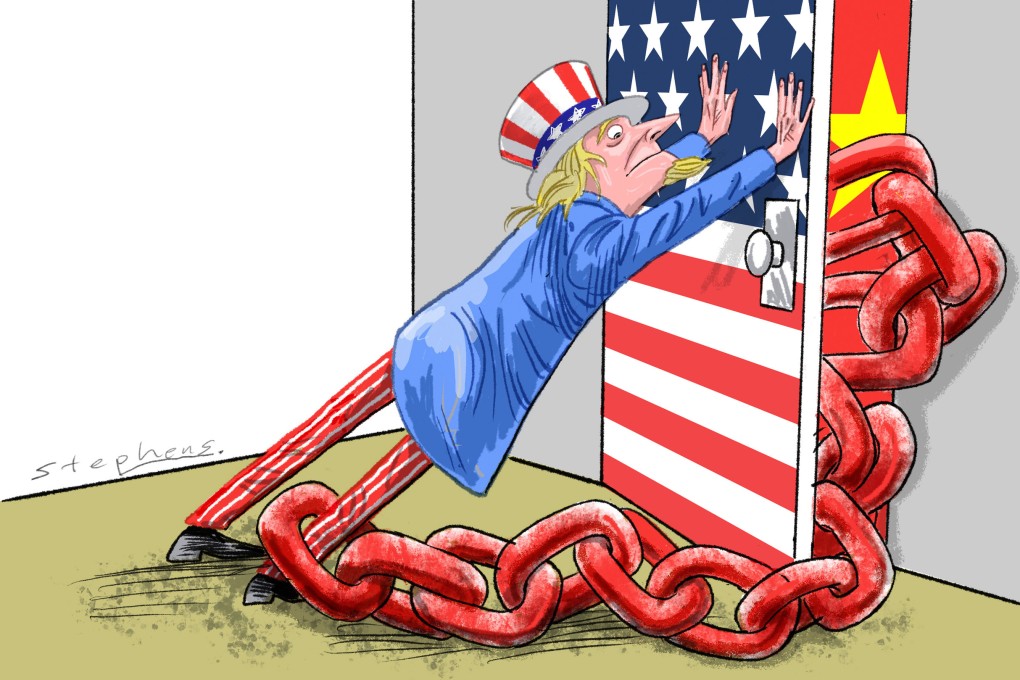Advertisement
Opinion | The US is still tied to China’s supply chains, at least for now
- Despite US friendshoring and nearshoring efforts, many global supply chains still depend on China indirectly
- Until US allies can develop transparent end-to-end supply chain solutions, America will continue to rely on Chinese manufacturing, directly or indirectly
Reading Time:4 minutes
Why you can trust SCMP
2

Amid concerns about national security, supply chain resilience and domestic job creation, the Group of 7 nations, led by the US, are aiming to reduce their reliance on Chinese manufacturing. However, below the surface, supply chain dependency on China is not weakening but taking a different form. There are lessons we can learn from the US “de-risking” experience.
In August, President Joe Biden signed an executive order that will prohibit venture capital and private equity firms from making new investments in China in sensitive technologies like computer chips. Even before that, US venture capital investment in Chinese start-ups had plummeted, from US$32.9 billion in 2021 to US$9.7 billion in 2022.
Besides keeping Trump-era tariffs on Chinese imports, the Biden administration has also banned Chinese companies from buying advanced chips and chip-making equipment without special permission.
In response, US firms are “friendshoring”, or shifting manufacturing away from China to friendly countries. Dell is reportedly making at least 20 per cent of all its laptops in Vietnam this year. And Apple could shift 18 per cent of its global iPhone production to India.
At the same time, companies are also “nearshoring”, or relocating operations to countries close to the United States, such as Mexico. In the first half of the year, US imports from China dropped 25 per cent. Mexico became the US’ top trading partner, ahead of Canada and China, earlier this year.
On the surface, the US appears to have become less dependent on China. But is it really? If one digs deeper, one will find that many global supply chains depend on China indirectly.
Advertisement
